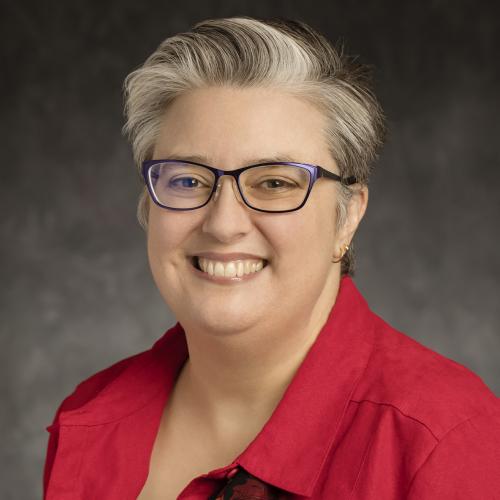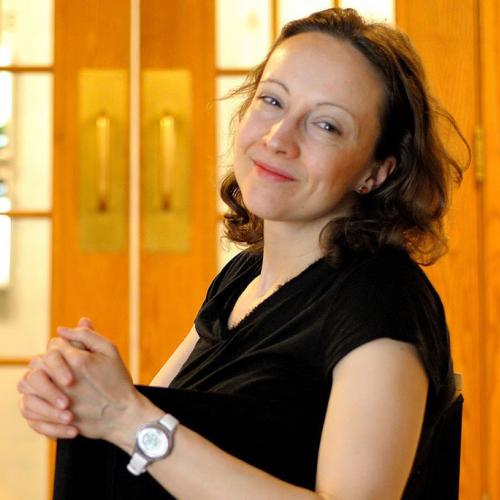


A project to increase the health data literacy of youth has received funding through the University’s Extension Collaboration Grant Program. Assistant Professor Rachel M. Magee will lead the project, "Health Data Literacy Ambassadors," with Associate Professors Catherine Blake and Jana Diesner serving as co-investigators. Funded through the Office of the Provost's Investment for Growth Program and University of Illinois Extension, the grant supports research and partnerships that address critical issues in five key areas: food, economy, environment, community, and health.
In the two-year project, iSchool researchers and Extension staff will build on existing 4-H Ambassadors and Advocate models to create a Health Data Literacy Ambassadors program.
"Our interdisciplinary collaboration connects researchers with expertise in health informatics, data analytics, youth services, and youth community engagement with Extension experts deeply experienced with positive youth development, health, nutrition, and wellness," said Magee.
Fifteen teens from across the state of Illinois will participate as program ambassadors. They will conduct needs assessments of health topics in their communities, develop and conduct data analytics projects to address issues that arise from their assessments, and present their findings to University and local audiences. University of Illinois students and faculty will serve as mentors and support the teens in their projects.
"This collaboration has the potential to build a sustainable model for other data literacy ambassador programs for Illinois 4-H, furthering efforts to address critical issue areas across Illinois through the lens of data analytics, continuing to empower youth as change agents, highlighting career pathways, and building connections and new partnerships between local communities and the University," said Magee.
Informed by her background as a public librarian, Magee is a youth advocate who teaches about and researches youth technology and information practices. She holds a PhD in information studies from Drexel University and a master's degree in information resources and library science from the University of Arizona.